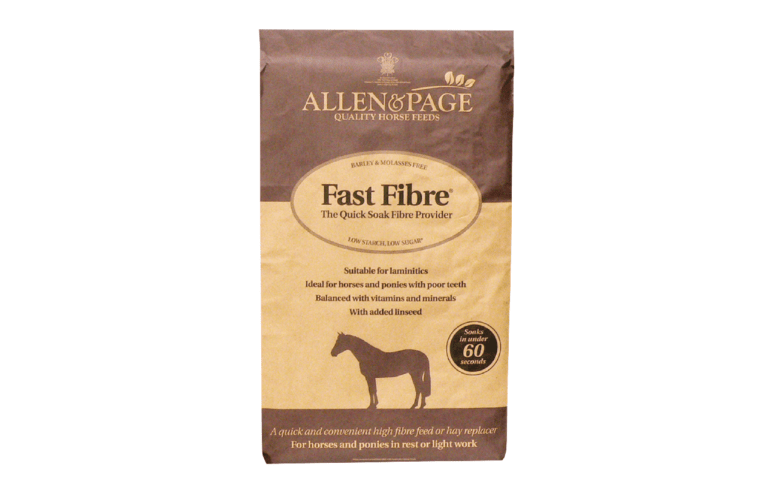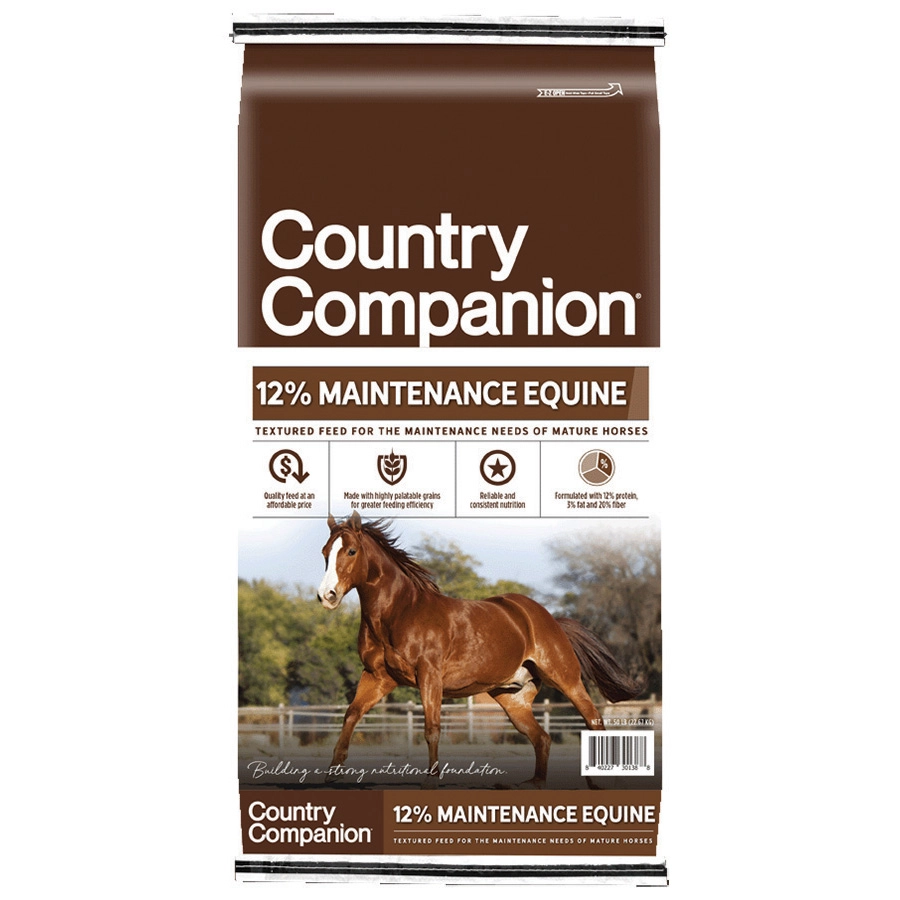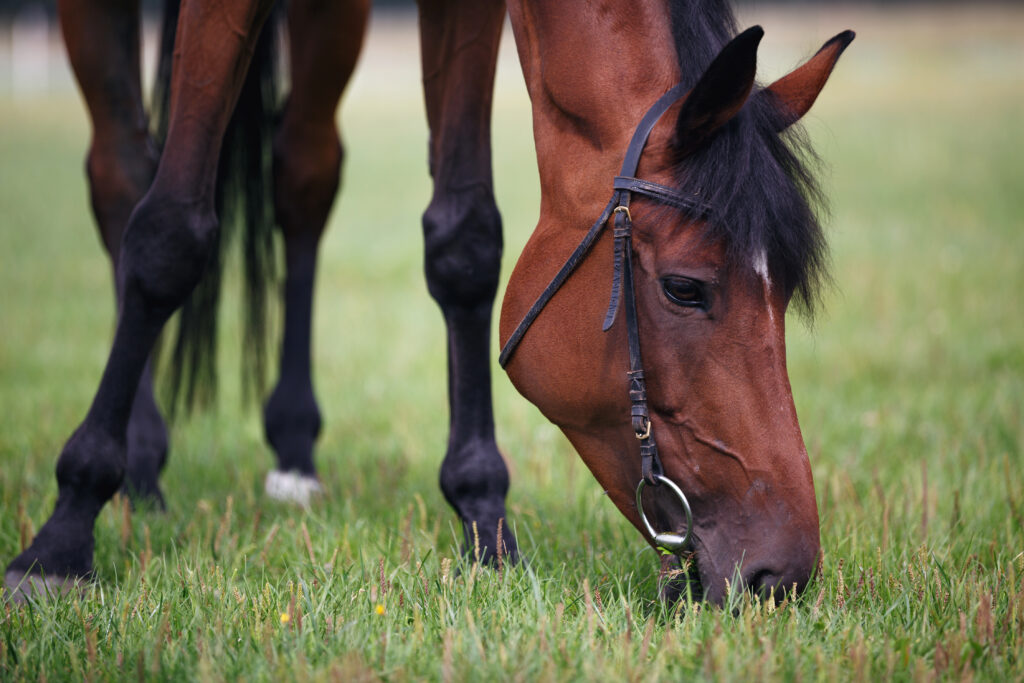Fiber Requirements for Optimal Gut Health in Your Horse

Maintaining optimal gut health in horses is crucial for their overall well-being, performance, and longevity. One of the key dietary components that support a healthy equine digestive system is fiber. This article explores the fiber requirements for horses, the types of fiber beneficial for gut health, and practical feeding strategies.
Understanding Fiber and Its Role in Equine Digestion

Fiber is a complex carbohydrate found in plant cell walls, primarily composed of cellulose, hemicellulose, and lignin. Unlike simple carbohydrates, fiber is not digested in the horse’s small intestine but ferments in the hindgut, providing essential nutrients and promoting a healthy microbial environment.
Types of Fiber Important for Horses
| Fiber Type | Description | Benefits for Gut Health |
|---|---|---|
| Soluble Fiber | Dissolves in water to form a gel-like substance | Supports beneficial bacteria and stabilizes gut pH |
| Insoluble Fiber | Does not dissolve in water; adds bulk to the diet | Promotes gut motility and prevents impaction |
Daily Fiber Requirements
Horses require a minimum of 1.5% to 2% of their body weight in fiber daily, primarily from forage sources such as hay and pasture. This amount ensures proper gut function and prevents digestive disorders like colic and gastric ulcers.
Benefits of Adequate Fiber Intake
- Supports Microbial Balance: Fiber fermentation produces volatile fatty acids (VFAs) that serve as energy sources for the horse.
- Enhances Gut Motility: Adequate fiber stimulates regular contractions in the digestive tract, aiding in digestion and waste elimination.
- Prevents Digestive Disorders: A fiber-rich diet reduces the risk of colic, impaction, and other gastrointestinal issues.
Practical Feeding Tips
- Provide free access to good-quality forage.
- Avoid sudden changes in diet to prevent microbial imbalance.
- Supplement with fiber-rich feeds if necessary, such as beet pulp or bran.
FAQ
Q1: Can horses get too much fiber?
A: While fiber is essential, excessive amounts, especially from low-quality sources, can reduce nutrient absorption and cause digestive upset.
Q2: What are signs of poor gut health in horses?
A: Symptoms include weight loss, poor coat condition, colic episodes, and irregular manure consistency.
Q3: How does fiber affect a horse’s energy levels?
A: Fiber fermentation produces VFAs, which provide a steady energy source, supporting endurance and overall vitality.
By understanding and meeting your horse’s fiber requirements, you can promote a healthy gut environment that supports digestion, nutrient absorption, and overall health.
